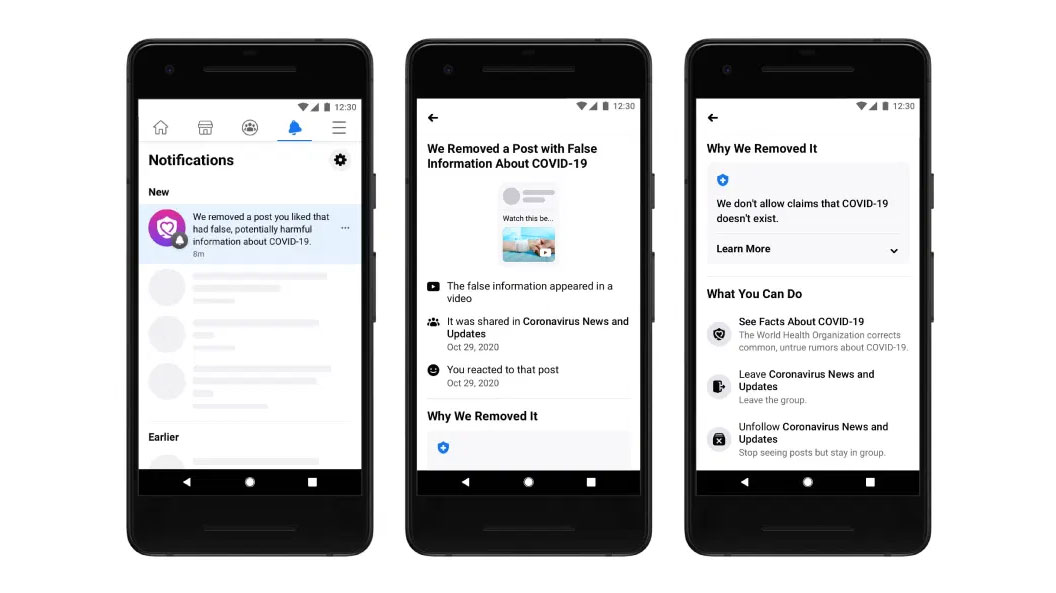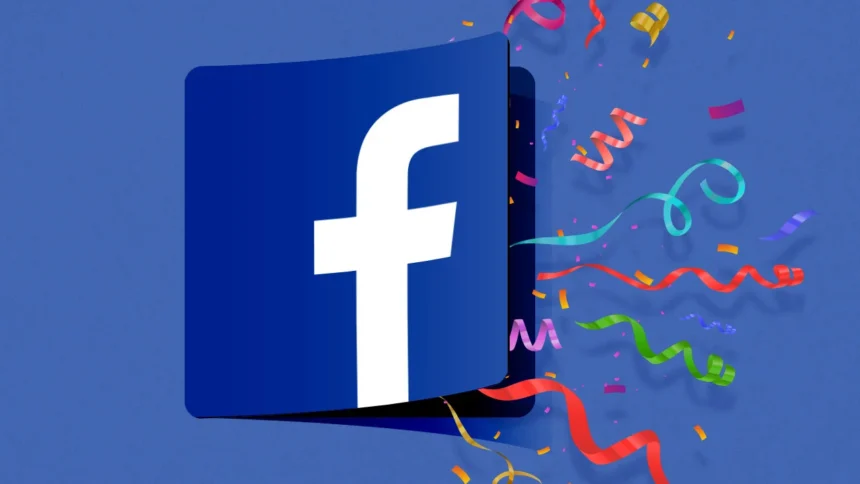In March 2022, a report by The Washington Post revealed that Facebook had hired a consulting firm to launch a smear campaign against TikTok. It was a tense time for the company, which recorded a loss of users for the first time in its history.
The idea of the campaign was to associate TikTok with dangerous challenges and trends, creating a problematic image for the company. The objective, of course, was to put some obstacle in the way of the video application, the likely destination of users who abandoned Facebook.
The case seemed to indicate a desperate company, not knowing how to preserve the relevance of its main product. TikTok, in turn, was a new development in the social media universe. An unexpected competitor that highlighted Facebook’s lack of innovation.
But a lot has changed since then. Meta’s most recent financial results present solid numbers. And this also includes Facebook, which, unlike the 2022 scenario, grew in number of users.
In the year it celebrates its twentieth anniversary, Mark Zuckerberg’s network shows that it is still alive.
Synonym for social network
Of course, Facebook wasn’t the first site where it was possible to create a profile, add friends, send messages and other similar functions. Predecessors such as Friendster and Myspace already had these features.
But the way Facebook managed to concentrate them in one place and expand the social aspect of the network is what made it the main example of this type of platform. At one point, the amount of resources available made it difficult for any other competitor to offer something that Facebook didn’t already have.
Feed with updates, closed groups, and pages that could be followed to follow specific content, chats, birthdays, and events. This set of elements formed an ecosystem where the user had countless reasons to stay.
Along the way, the platform experimented. Feed adjustments; new features, such as Facebook 360º (who remembers?); and even an attempt to compete with Twitch through Facebook Gaming.

Several of these experiments failed, and the platform left them aside. In practice, they were attempts to add to what was already solid in the network. Even when new things failed, the old stuff kept working — and bringing users back.
Another point that further strengthened Facebook as a social network was that, at a certain point, everyone was already there. Your friends, family, college classmates. Going somewhere else made less sense in a context like that.
Of course, such a concentration of people in a single space brought its problems. And Facebook’s problems, despite its indisputable success, have multiplied over its 20 years.
Privacy, bubbles and misinformation
As good as the reported numbers are — 3.07 billion monthly users and 2.11 billion daily users — it is undeniable that today’s Facebook has an image problem. The numerous scandals on the platform are responsible for this.
The most famous of all is Cambridge Analytica when the political consultancy company had access to data from 50 million users. All due to permissions given to external applications. With this information in hand, it was possible to launch targeted political propaganda.
The company’s reputation was tarnished and would continue to do so due to other cases involving privacy failures. Another sensitive point was misinformation, which, according to researchers, received much more engagement on the platform than stories and articles from reliable sources.
The image of Facebook as a place full of fake news was inherited from recent elections when the circulation of this type of content became commonplace on the network. This could be seen in the context of the last American elections.

Likewise, the role of algorithms in creating ideological bubbles, which reinforce users’ convictions by repeatedly offering content with which the person already agrees, began to be questioned more. A kind of barrier that makes contact with those who think differently difficult.
These problems certainly caused Facebook to lose users. The departure of many around this time, combined with the loss of younger users in recent years, has helped create the notion of a dying network where only our parents are.
The numbers, however, continue to tell another story.
Where is Mark Zuckerberg’s focus?
In 2021, the metaverse was named as Meta’s flagship project. The company even got a new name because of it. However, the idea did not gain the traction that Zuckerberg would have liked.
Now, the creator of Facebook and CEO of its parent company turns his attention to artificial intelligence. No surprise there: it’s what everyone in the technology market is doing.
Before that, there was the launch of Threads, a competitor to Twitter. And other projects over the past few years have captured Zuckerberg’s attention, from streaming video to creating a cryptocurrency.

A recent Bloomberg article describes these changes in focus by Meta’s boss as attempts to create something bigger than Facebook, which could strengthen the company’s prospects for the future.
However, Facebook remains Meta’s most popular product. Even though growth is not as strong as in the past and young users are migrating to TikTok, something about Facebook still causes more than 2 billion people to access it every day.
At a time when there is talk about the end of social networks, with new ways of consuming content taking the place of old forms of online interaction, the biggest network of all shows that it is nowhere near the end.






